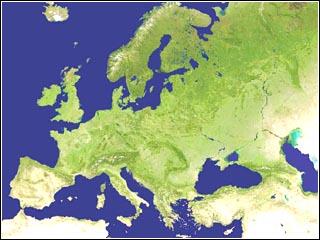by
Charlotte Edmond*
This chart, based on research by Germany’s Institute for Applied Economic Research (IAW) at the University of Tübingen, shows southern European countries dominating the top of a list of selected industrialized countries with shadow economies.
What is the shadow economy?
It is the total value of transactions by businesses and individuals that occurs “off the books”. In other words, work done for cash to avoid incurring tax and without following standard business practices.
This could be anything from paying a tradesman or a babysitter in undeclared cash to the illegal wildlife trade, counterfeiting and money laundering.
Untaxed and unrecorded economic activity boomed during the global financial crisis and continues to grow today.
The World Economic Forum’s Global Agenda Council on Illicit Trade 2012-2014 estimated the global shadow economy to be worth $650 billion. While it’s difficult to be sure of the amount of business that bypasses regulators, WEF research from 2015 forecast that the cost to the global economy of counterfeiting alone could reach $1.77 trillion over the course of that year.
A large shadow economy is a cause for concern for governments that miss out on tax revenues. However, it has also been argued that attempting to curb the shadow economy can limit economic growth and hamper innovation.
*Formative Content
**First published in www.weforum.org




 By: N. Peter Kramer
By: N. Peter Kramer
